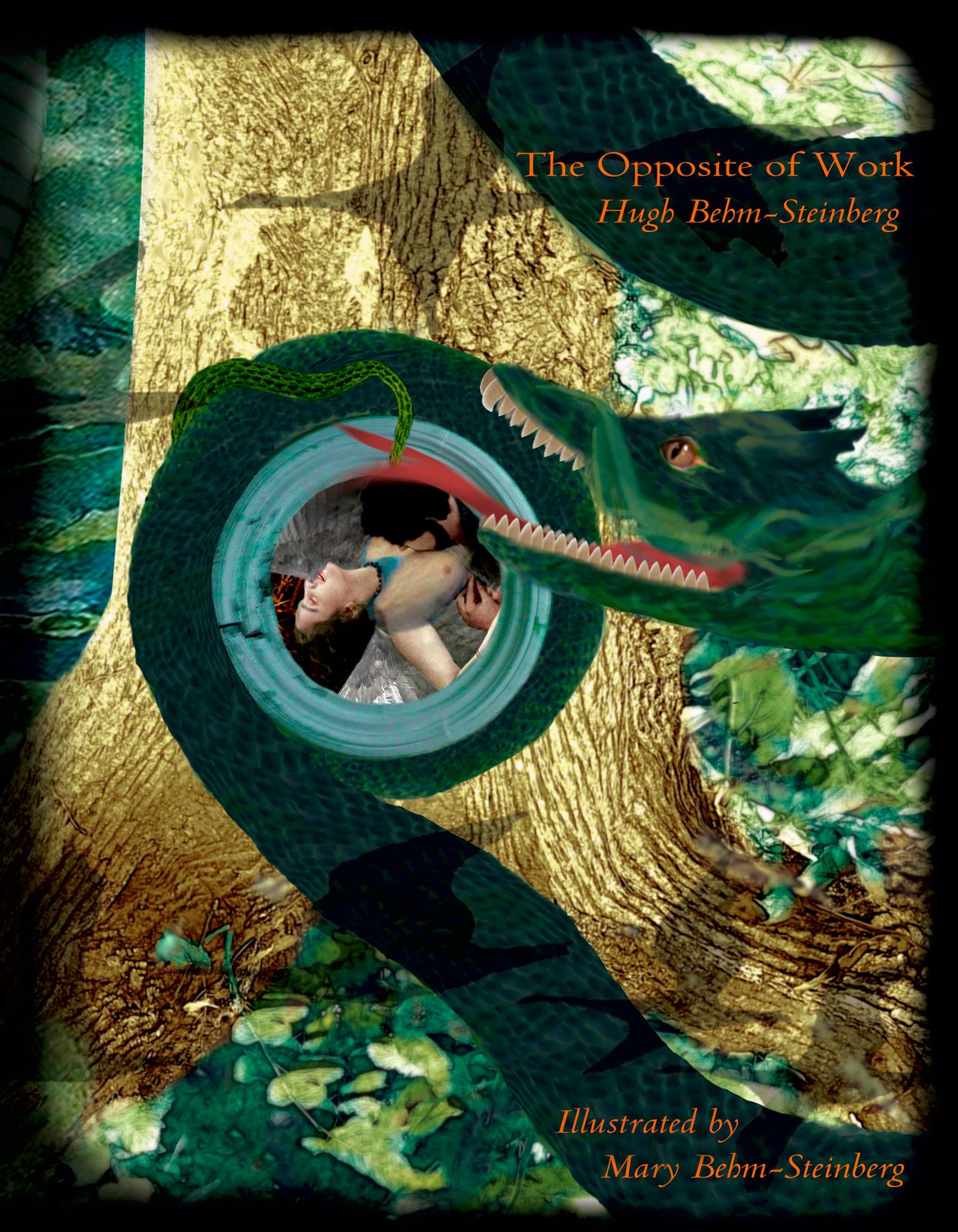William Conelly’s Uncontested Grounds (Able Muse press, 2014)
by Lynn Levin
Maria Semple's Where'd You Go, Bernadette
(Back Bay Books, 2013)
By Tim Hatch
TWO REVIEWS
CHAD DAVIDSON's FROM THE FIRE HILLS (Southern Illinois University Press, 2014)
GEORGE BILGERE'S IMPERIAL (University of Pittsburgh Press, 2014)
by LYNN LEVIN
Even as they engage moments that sometimes sting, Bilgere’s poems convey respect for human vulnerability and, above all, a sense of love. . . .
A REVIEW OF MARIELA GRIFFOR'S, THE psychiatrist (Eyeware Publishing, London, 2013)
by Carol Frost
. . . The heartbreak in Griffor’s poetry is deeper than one person’s; she speaks for a country’s grief.
Along a Line of Melody: A Review of Hugh Behm-Steinberg's The Opposite of Work (JackLeg Press, 2013)
By S.Marie Clay
. . . Perhaps what makes it so easy to spring into the text, as if from a fractured winter, is Behm-Steinberg’s humble, transcendental voice; a trinity of light seeping in through a stained- glass cathedral.
GAINING MOMENTUM: A Review of L.S. Klatt's Cloud of Ink
by Lawrence Eby
It’s a book for those who want to see beyond the real and into the surreal, or better said, to inhabit the surreal within the real, a core within the deeper subconscious which is—despite its phantasmagorias and hyperconnectivity— well aware of structure both in poetic form and in the physics of reality.
by Natalie Skeith
In fact the three denotative definitions of the title word ‘Aurora’ canvas the multiple modes of living explored in St. John’s work. The first ‘Aurora’ is the Roman goddess of dawn, whom represents the search for spiritual truths and connections in St. John’s work.
WITH ONE WING: A Review of Laura Kasischke's Space, in Chains
by Casey Goodson
When reading Kasischke's phrases there seems to be an intended sense of elation, even alarm, so that watching a mother "disintegrate before a mirror" gives more than it takes away.
Poetry
Prose
Gayle Brandeis, Susannah Breslin, Neil Serven, Katie Chen, Michael Tesauro, Brian Ingram, Saramanda Swigart, Kacy Cunningham, M. Hustead Lorenzo, Chris Vanjonack, Naphisa Senanarong, Shilpa Iyyer, Brett Riley, Allison Wendt, L. Vocem, Ryan Garcia, Sarah Edge, Diana Clark, Julia Mendoza Friedman, and Patricia L. Meek
Translation
Art and Photography
Simón Silva, Jylian Gustlin, Daniel Gohman, Jeanne Bessette, and Albert Esquer
Issue 9
Poetry
Harriet Levin, Alex Lemon, Simone Muench, Dean Rader, Greg Hewett, Youna Kwak, Sean Thomas Dougherty, Rochelle Jewel Shapiro, Tamara Hattis, F. Daniel Rzicznek, Liz Robbins, George Kalamaras, Jill McEldowney, Cameron Barnett, Rachel Reynolds, John Brantingham, Zack Strait, Lisa Summe, Mackenzie Cole, Tikva Hecht, Gabriel Welsch, Chaun Ballard, Laura Kolbe, Susan Grimm, Cindy Bousquet Harris, John Sibley Williams, Abby Lipscomb & Gary Joshua Garrison.
Prose
Nancy Best, Felicia C. Sullivan, Daniel A. Olivas, Toni Mirosevich, April Vasquez, s. Nicholas, Tisha Marie Reichle, Caroline Bruckner, Keith Buie, & Craig Foltz.
TRANSLATION
Brazilian Poetry Feature, translations by Tiffany Higgins of Joao Filho, Alice Sant'anna & Alex Simoes.
Ukrainian poet Serhiy Zhadan, translated by Alisa Slaughter and Julia Sushytska.
FEATURED ARTISTS
Anthony Carbajal & Munro Galloway
Ghost Town is published by the English Department of California State University San Bernardino
Interview with Poet Judy Kronenfeld
By John Brantingham
Leaving Home: an Interview with novelist Isabel Quintero
by Shondra Rogers
Shondra Rogers: During our conversation, I was impressed with Isabel’s generosity and honesty, and our timing couldn’t have been better, as a few weeks later her new novel, Gabi, A Girl in Pieces, won the Morris Award for best debut Young Adult Novel in America—and just two days after that, her novel won the Tomas Rivera Award for best Young Adult Novel by a Mexican American
THE HORIZON EXISTS IN OUR OWN BODIES: AN INTERVIEW WITH ARTIST CLAIRE ANNA BAKER
by Chad Sweeney
Claire Anna Baker: Indeed the boundaries of self constantly transgress, defy, and complicate external categorization. My exploration of all “trans” related experience is really about finding commonalities that may expand, bridge, specify, and complicate all boundaries. Trans awareness is about projecting the self, the senses, the imagination out into the world consciously in order to open, redefine, and intimate the relationship between self and world.
by Mariela Griffor
MG: Okay, let’s talk about Lend Me Your Voice, specifically: why did you have to write this book? Tell me the story behind your book.
Espmark: Sitting on deck, reading an article in the New York Review of Books about Sapho´s poetry, especially about the loss of almost all her poetry in the fire in Alexandria, I was hit by an epiphany. I had a vision of a multitude of voices from past centuries searching for someone to receive them, to listen to them and record them. The chorus of voices demanded to be a collection of – perhaps – one hundred poems.
by K.L. Straight
KLS:
When I listened to you read from your novella In the Footsteps of the Silver King, and then, when I subsequently read other examples of your work, especially the poetry, I found the voice to be lively and upbeat. How is it that you are able to write such “happy” and optimistic poetry when so many other poets write from deep and dark emotional places?
TAYYAR:
The “happy” poetry thing is funny to me: I do definitely try to incorporate a celebratory thematic in much of my poetry. Though I hope it is not an unearned happiness, but rather that it is the kind of physical, emotional, and spiritual affirmation that comes from being engaged in the world around you, and from trying to constantly be sensitive to people’s capacity for goodness, and for the natural world’s ability to restore a sense of psychic and religious balance to our lives.



















